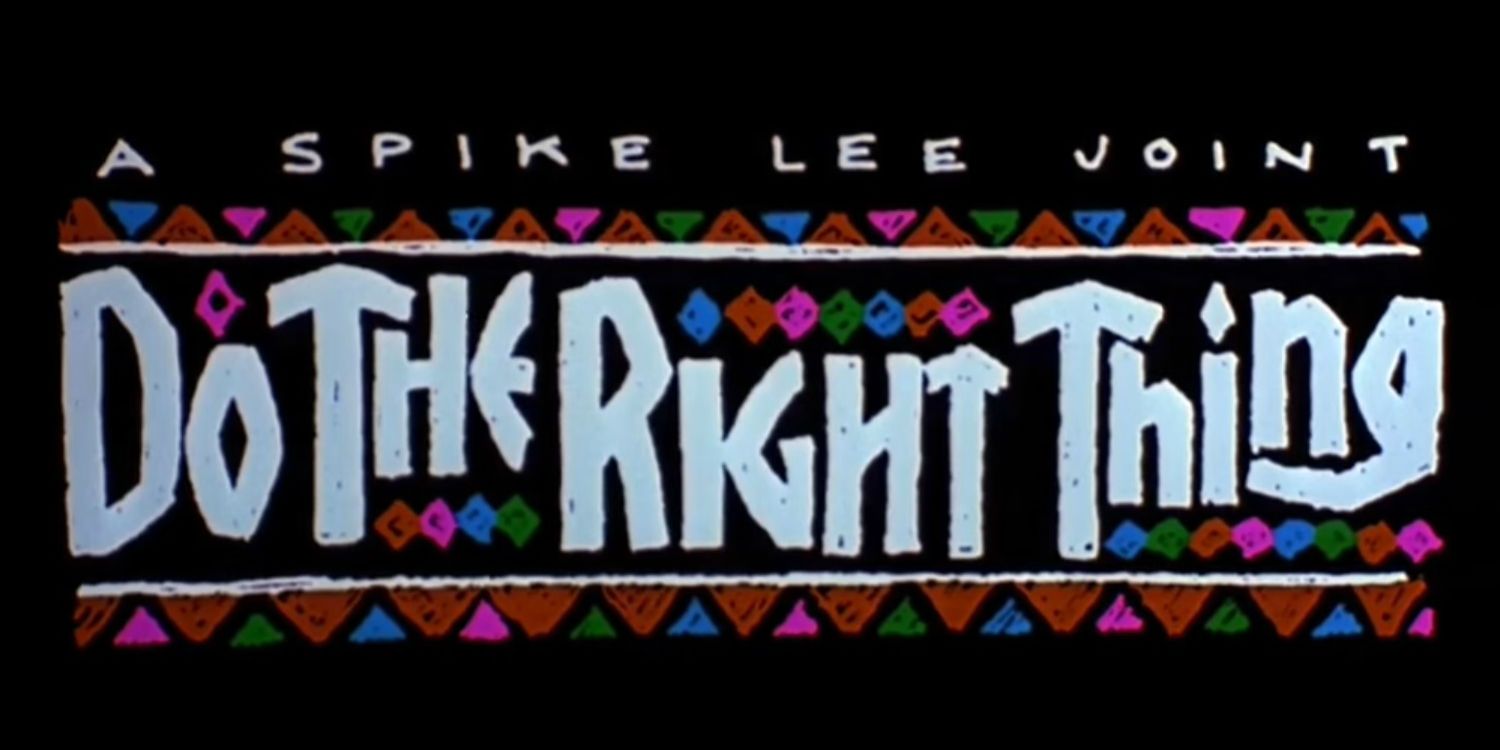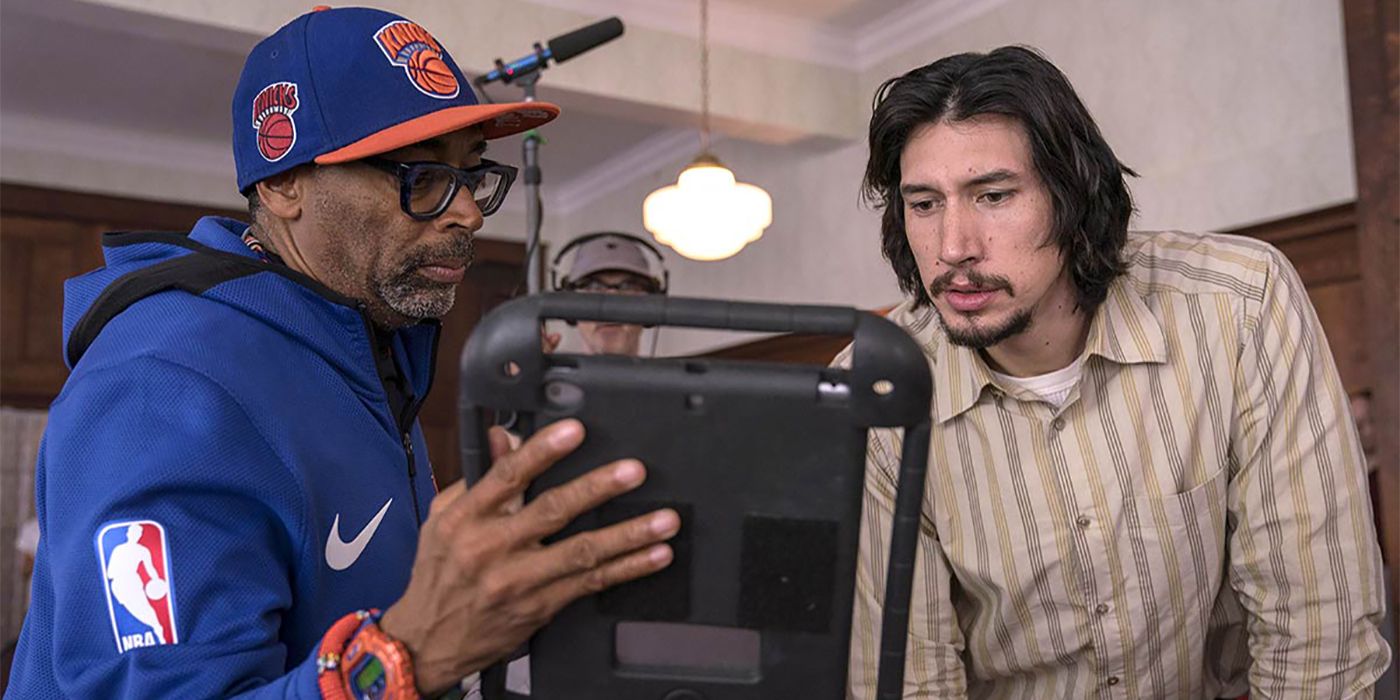What is "A Spike Lee Joint" and which of the iconic director's films count as one? Spike Lee made his directorial debut with low-budget comedy She's Gotta Have It, and it was already clear he was a distinctive new voice. He followed up with a series of acclaimed projects like School Daze, Do The Right Thing, and Malcolm X, which confronted issues like race, politics, and relationships.
Even when he moves into more traditional mainstream fare like heist movie Inside Man starring Denzel Washington and Jodie Foster, the film's retain his singular style and mood. Spike Lee has also made a number of documentaries, including When the Levees Broke: A Requiem in Four Acts and Kobe Doin' Work. Lee's career came full circle in a strange way in 2017 when he adapted She's Gotta Have It into a Netflix series. The show received mostly positive reviews and ran for two seasons.
A signature of the filmmaker's work is calling his movies "A Spike Lee Joint." This began with She's Gotta Have It in 1986 and nearly all his movies possess this credit. Spike Lee has seemingly never explained why he chooses to call them joints, with fan theories taking often literal meanings, with the credit either referring to joint as a place to hang out, to a good old fashioned cannabis joint.
While the director himself isn't explaining the exact meaning behind the term, he did reveal in a 2015 Atlantic interview that "A Spike Lee Joint" is '...really all the ingredients that I put into my film. Whatever film it is, whatever subject matter is. Whether it's a documentary or a narrative film. The connective tissue is that it's coming through me, but all the stories I feel are different.' The credit is a way to put his personal stamp on a project and ensure that even if the subjects are all different, the voice behind them is the same, down to the themes and style of camera work.
One film that notably didn't meet the criteria is his 2013 version of Oldboy. Lee's remake of the cult South Korean thriller starred Josh Brolin and Elizabeth Olsen, and while it retained the same violence and shocking twist, it was an inferior film and ultimately flopped. Lee inherited the project after original director Steven Spielberg and star Will Smith walked away, but producers took Lee's version and forced him to cut an hour out. Lee chose to call Oldboy "A Spike Lee Film" as a result.
While Oldboy may have been a bomb commercially, the director has since bounced back with BlacKkKlansman, which earned Spike Lee his first Academy Award nomination as Best Director. Unlike Oldboy, the film is most definitely "A Spike Lee Joint."


